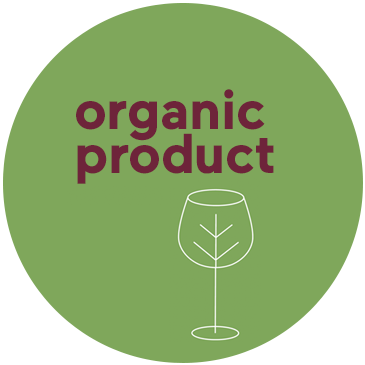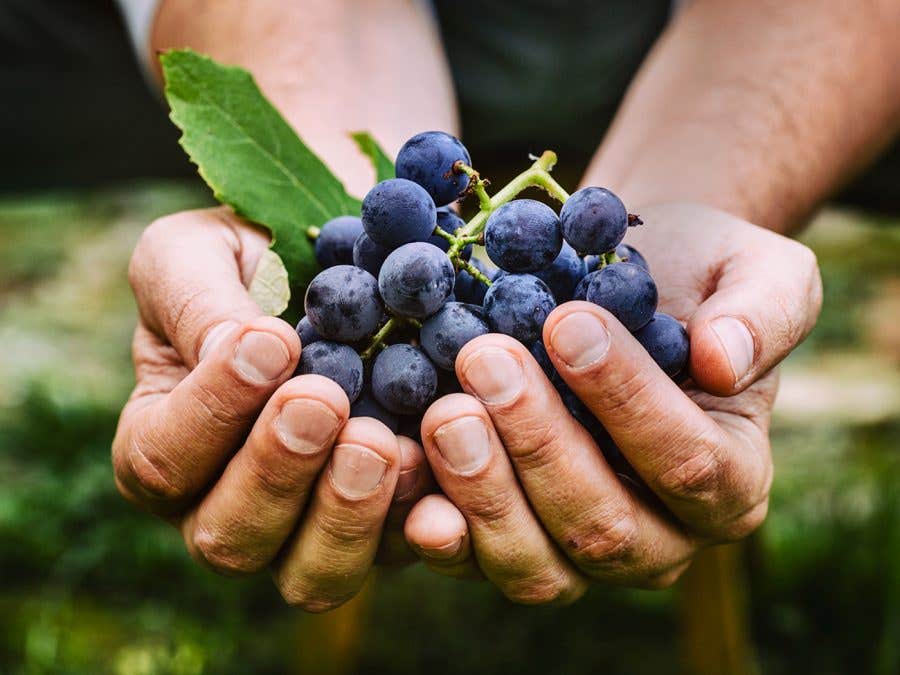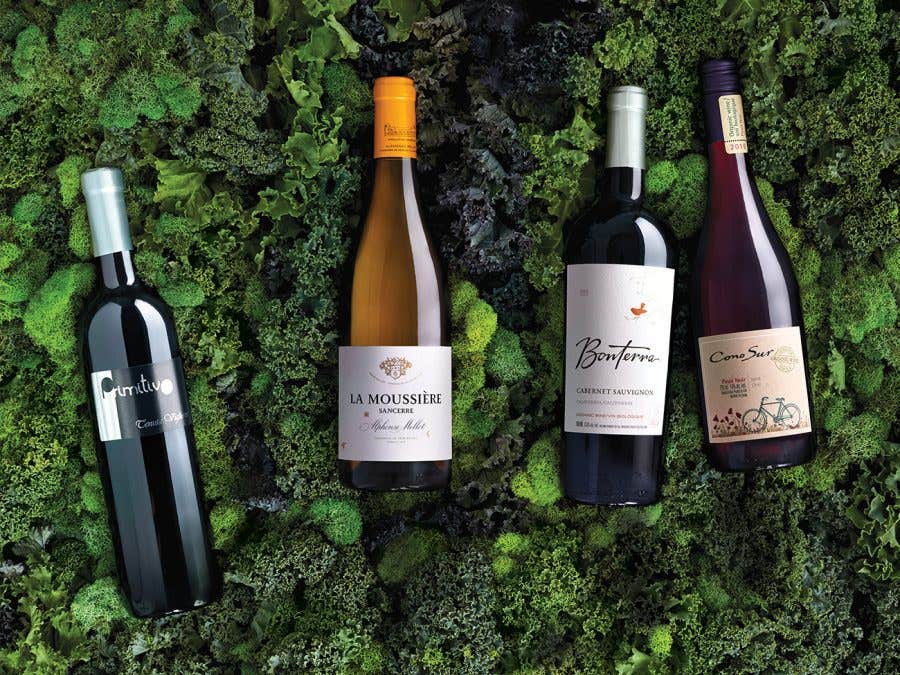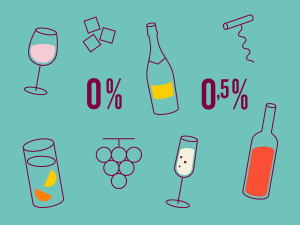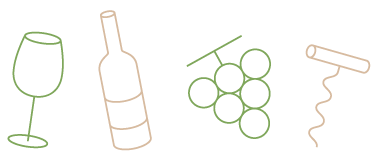

All organic wines are ‘natural’ wines.
False.
Although they are related, the terms "organic" and "natural" refer to different characteristics of products. This means that natural wines are not necessarily organic wines and vice versa. Indeed, organic wines are products that hold organic certification in accordance with the Canada Organic Regime or any other standard for which there is an equivalency agreement with Canada. The production must therefore meet specific requirements and be audited by a recognized body.
As for natural wines, they are not necessarily certified. The production rules for natural wines are, in some respects, more restrictive than those for organic wine in general. For example, the Association des vins naturels (website in French only) sets forth that no additives or adjustments are acceptable (only native yeasts, no enzymes, no added tannins or acids, etc.). Some private charters for natural wine nevertheless allow the use of sulfites. On the other hand, organic wines can authorise the use of some additives (selected yeasts, for example). Overall, oenological practice-related rules for organic wine are much more restrictive than for conventional wine.
Organic and biodynamic = the same thing
False.
Organic and biodynamic wines share a common winemaking culture that restricts the use of synthetic chemicals. Biodynamic grape growing relies instead on plant-based concoctions used on a specific established calendar based on the movements of the planets and stars—which can sometimes make this method the object of some skepticism! Wine designated as biodynamic also has certain regulatory bodies (Demeter, Biodyvin or Respekt Biodyn for example) that restrict the use of sulphites and other additives, far more so than regulatory bodies for organic wines.
Drink natural wines right away
True and False.
Sulphates in and of themselves offer antibacterial and antioxidant qualities, which makes the bottle more stable. Natural wines contain for the most part far less sulphates and can therefore be more affected by their environment. As a result, if you do want to cellar them, ensure that you do so with care, and yes, it could be better to enjoy these bottles right away. Regardless, there are some natural vintages that do age well; look for wines from structured cepages that have been carefully crafted from start to finish.
You can taste the difference between organic and biodynamic wines
False.
A wine’s taste depends a great deal more on its vinification, creation, terroir, and vintage, than whether or not it’s organic or natural. Further, each winemaker will interpret and execute organic or biodynamic practices in their own way.
Natural wines have far less additives or adjustments
True.
Natural wine fans are looking for the genuine and unfiltered taste of the terroir where the grapes grow. Natural evokes simplicity: nothing added, nothing changed—for example, you wouldn’t need to add anything to delicious Québec strawberries! Just as their labels proclaim, throughout the entire winemaking process, natural wines have as few interventions as possible—from grape growing to bottling.
Organic wines don’t contain sulphates
False.
Due to the fermentation process, all wines contain some amount of sulphates—even natural wines. The real question here is about added sulphates. In the vast majority of cases, organic wines contain added sulphates; a good proportion of natural wines also contain a limited amount of sulphates, generally introduced in the wine prior to bottling. To illustrate these shades of difference, natural red wines contain 0 to 30 parts per million (ppm) of added sulphates, whereas European organic red wines contain a maximum of 100 ppm, and conventional wines come in at up to 150 ppm.
Organic, biodynamic, and natural wines are vegan
True and False.
During the fining process winemakers may or may not use animal proteins (milk, egg, or fish), to clarify wines and filter solids (mineral- or vegetal-based materials might also be used). Natural wines must always be vegan, since they aren’t fined nor filtered. A sizeable proportion of organic and biodynamic wines avoid the use of animal-based proteins, but generally speaking fining is accepted in the two above-mentioned wine types.
In SAQ stores, natural and organic wines are identified with a tag. On SAQ.COM, they can be found by selecting the characteristics "organic products" or "natural," and the corresponding identifier appears on the product page. A natural or biodynamic wine is included in the organic products category only if its certification conforms to applicable Canadian regulations.
Related Posts
-
Read more
Organic, biodynamic, and more recently natural wines are far more than a trend; they are more popular than ever and we totally understand the increasing infatuation. Let’s look at why people are (happily) getting back to nature.
-
Read more
Exactly what is “natural wine”? An answer to the question that’s causing a lot of debate these days!
-
Read more
An expert gives us the ABCs of organic, biodynamic and natural wines. What exactly do these terms mean?
 Access to SAQ Inspire personalized services and store inventories are unavailable at the moment.
Access to SAQ Inspire personalized services and store inventories are unavailable at the moment. Free in-store delivery with purchases of $75+ in an estimated 3 to 5 business days.
Free in-store delivery with purchases of $75+ in an estimated 3 to 5 business days. 

